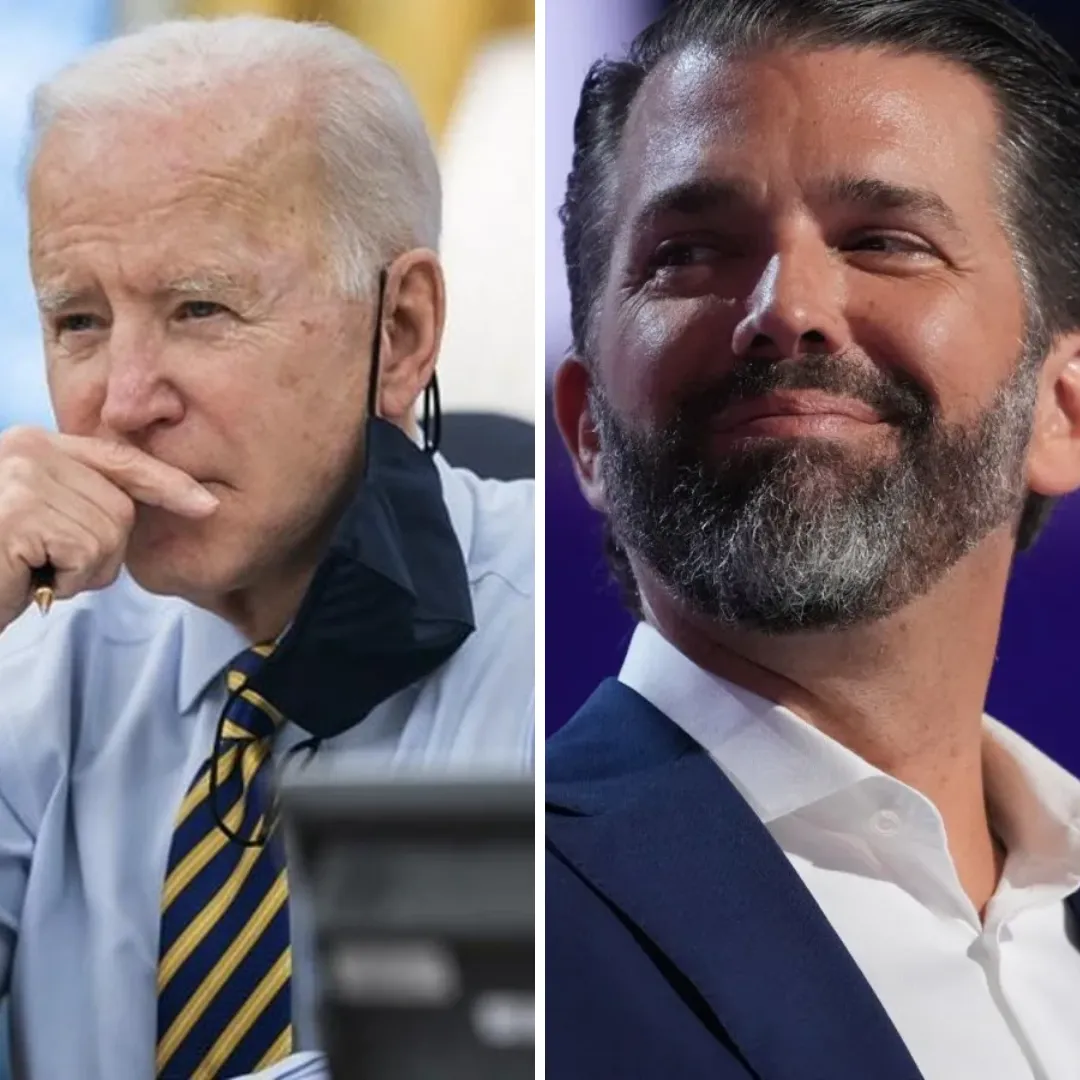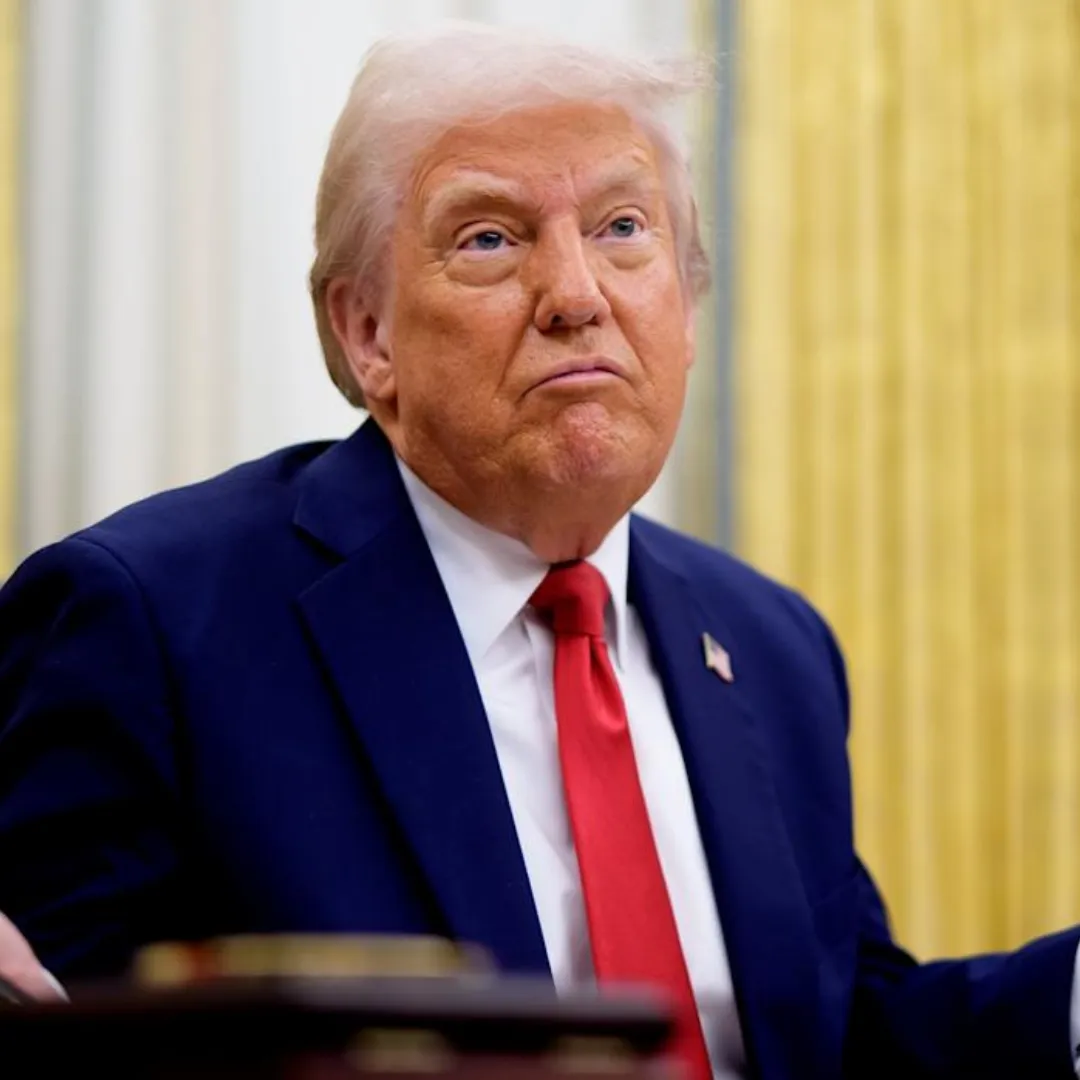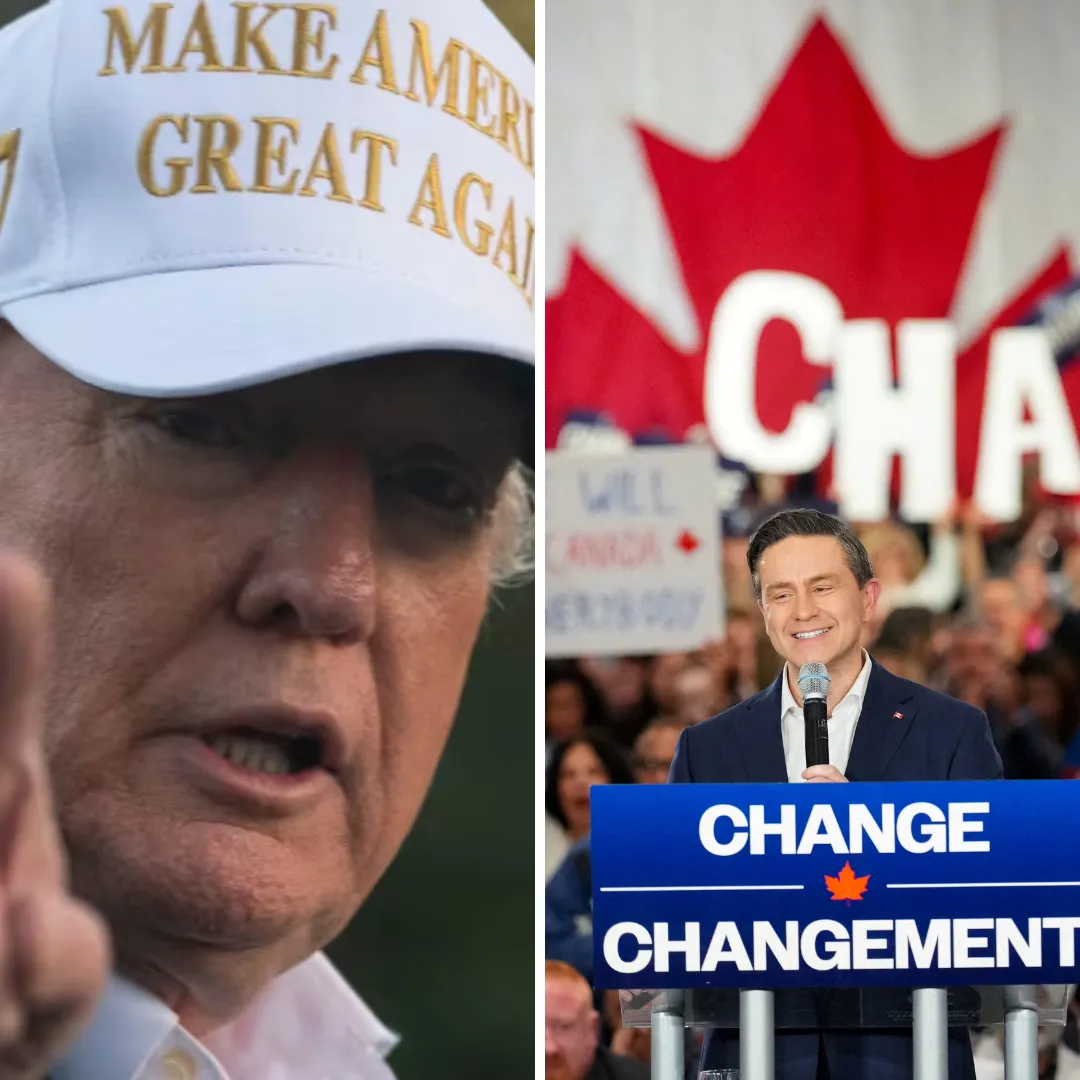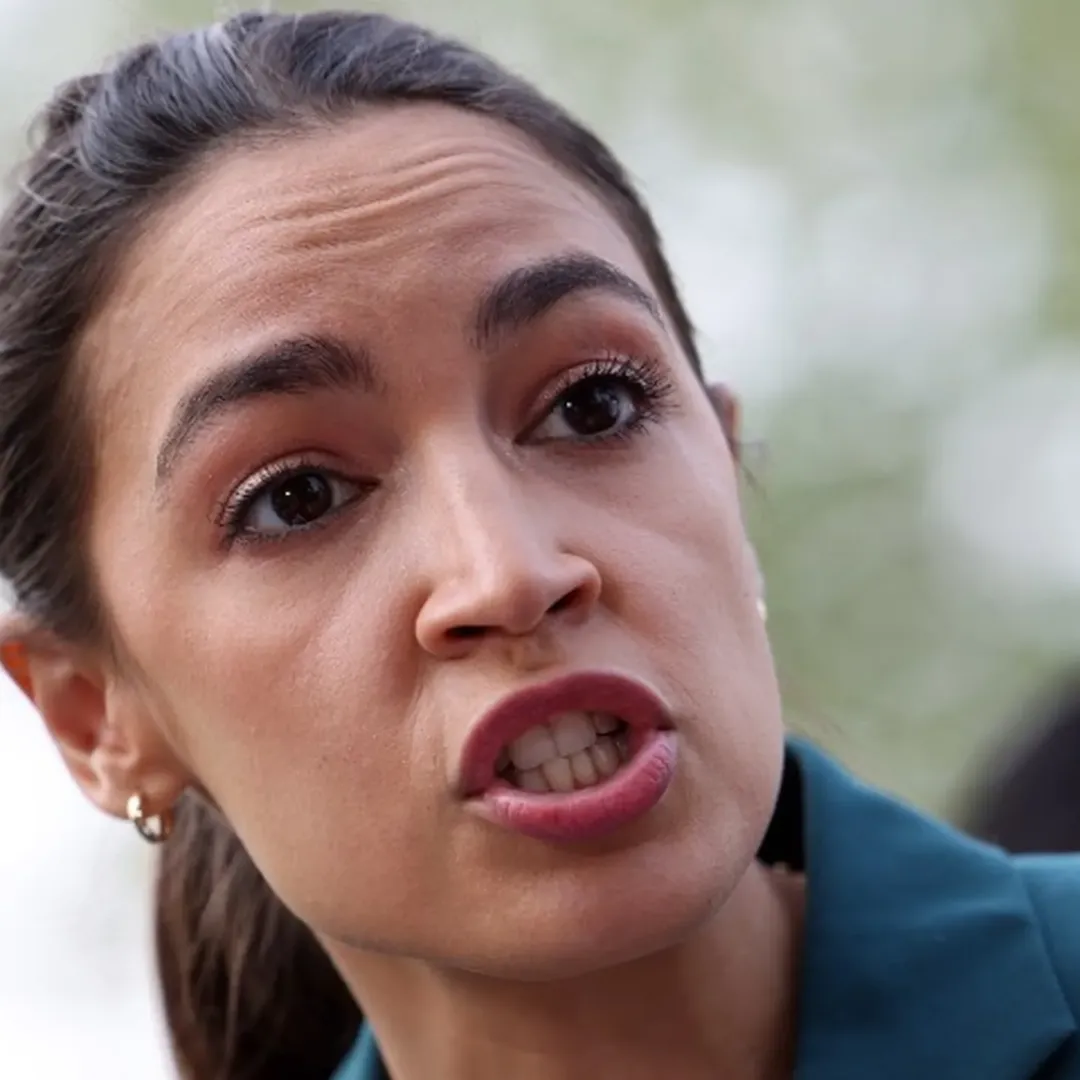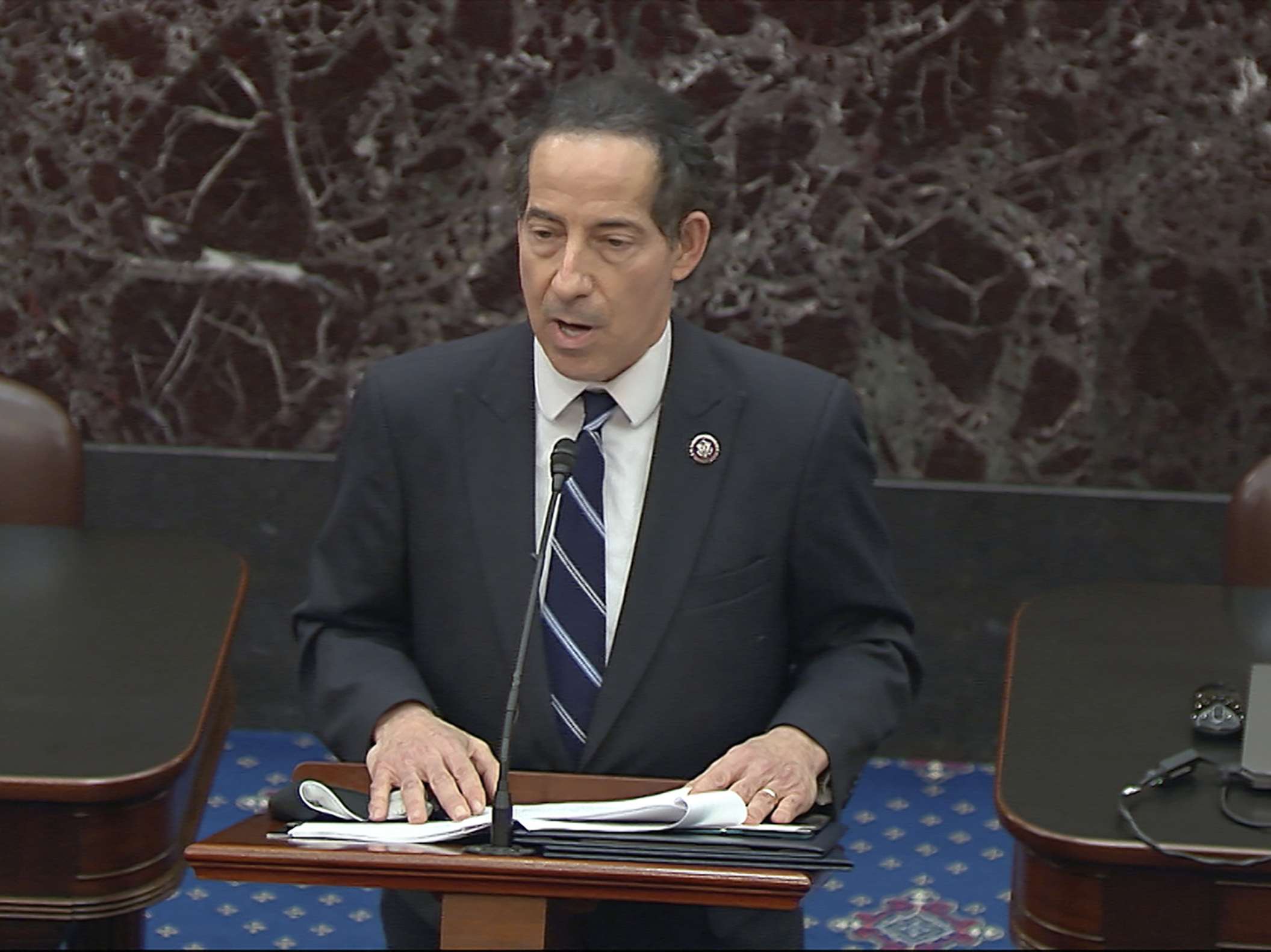
The firestorm surrounding President Donald Trump’s potential acceptance of a luxury Boeing 747-8 aircraft from the government of Qatar erupted into full-blown partisan conflict over the weekend, as top Democrat Jamie Raskin (D-Md.) issued a sharp public rebuke, calling the arrangement “a grift” and accusing the president of attempting to violate one of the U.S. Constitution’s clearest prohibitions.
The plane, reportedly valued at more than $300 million, is said to be earmarked for Trump’s temporary use as Air Force One during the remainder of his second term, with plans for it to be transferred to his presidential library afterward.
In a strongly worded post on X, formerly Twitter, Raskin, the ranking Democrat on the House Oversight Committee, minced no words about the legality and ethics of the deal, drawing attention to the rarely enforced but constitutionally entrenched Emoluments Clause, which forbids federal officeholders from accepting gifts, payments, or titles from foreign governments without the explicit approval of Congress.
“Trump must seek Congress’ consent to take this $300 million gift from Qatar,” Raskin wrote Sunday evening in response to an ABC News report detailing the proposed arrangement between the Trump administration and the Qatari royal family.
“The Constitution is perfectly clear: no present ‘of any kind whatever’ from a foreign state without Congressional permission,” he emphasized. “A gift you use for four years and then deposit in your library is still a gift (and a grift),” Raskin concluded.
The controversy erupted just days before President Trump is scheduled to travel to the Middle East for an official visit, including stops in Saudi Arabia, the United Arab Emirates, and Qatar. According to anonymous officials cited by ABC News, the deal between the U.S. and Qatar is still under review and has not yet been finalized.
However, the Defense Department has reportedly been preparing to retrofit the aircraft with the necessary security and communication features to serve as a functional, though limited, version of Air Force One.
President Trump confirmed the reports in a late Sunday post on his Truth Social platform, where he framed the decision to accept the aircraft as a fiscally responsible and transparent arrangement that would benefit the American taxpayer. He also used the occasion to launch a scathing attack against Democratic lawmakers who have questioned the propriety of accepting such a lavish foreign gift.
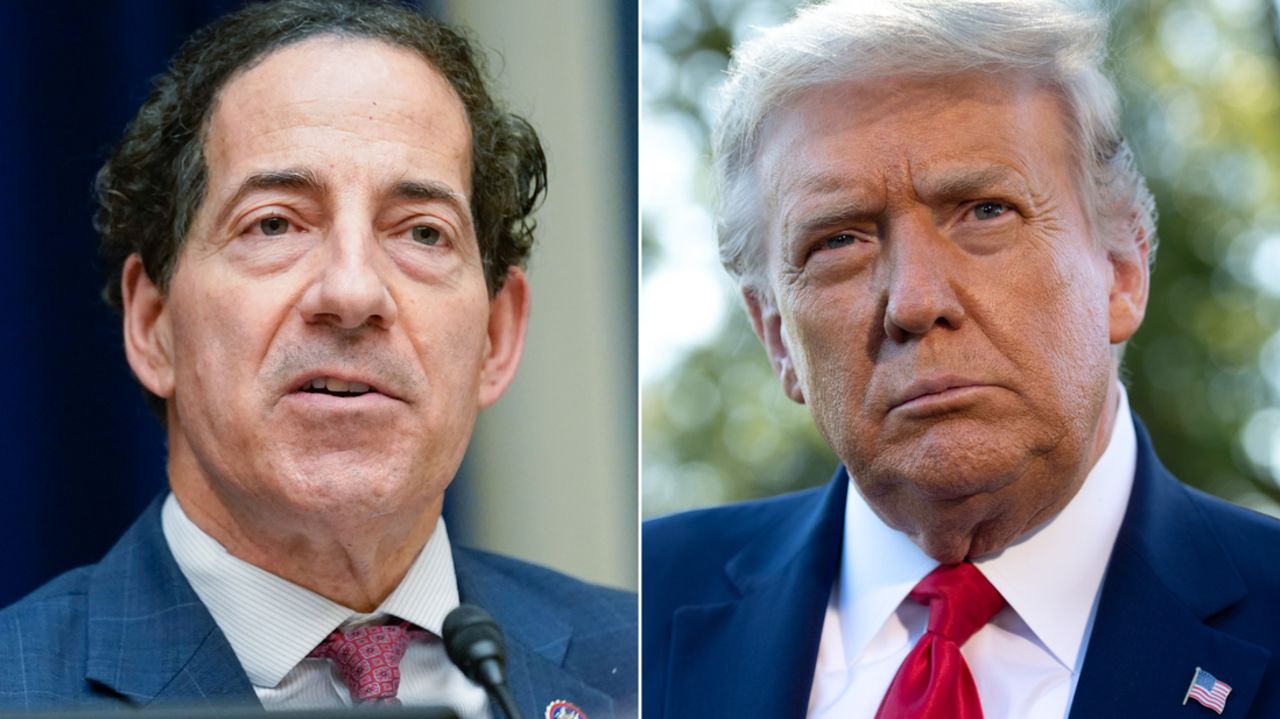
“So the fact that the Defense Department is getting a GIFT, FREE OF CHARGE, of a 747 aircraft to replace the 40 year old Air Force One, temporarily, in a very public and transparent transaction, so bothers the Crooked Democrats that they insist we pay, TOP DOLLAR, for the plane,” Trump posted in his trademark all-caps style. “Anybody can do that! The Dems are World Class Losers!!! MAGA.”
While the White House has refrained from confirming or denying the details of the deal, Press Secretary Karoline Leavitt issued a statement Sunday in response to mounting questions. “Any gift given by a foreign government is always accepted in full compliance with all applicable laws,” Leavitt said. “President Trump’s Administration is committed to full transparency.”
Still, the scope of the reported gift — an aircraft that would be used by the sitting president and eventually serve as a centerpiece for the Trump presidential library — has ignited a fierce debate among legal scholars, national security experts, and ethics watchdogs. Many warn that accepting the aircraft without explicit approval from Congress would be a direct violation of the Emoluments Clause and set a dangerous precedent for the future.
“Gifts of this magnitude from a foreign state to a sitting president are not only constitutionally problematic — they threaten the very fabric of our democracy,” said Kathleen Clark, a legal expert on government ethics and professor at Washington University School of Law.
“The Founders included the Emoluments Clause to prevent exactly this kind of influence — that foreign powers could curry favor with American officials by offering personal or symbolic rewards. That principle is not outdated. It’s foundational.”
Adding to the complexity of the situation is President Trump’s longstanding financial entanglement with the Gulf region. Since returning to office, the Trump Organization — now operated by his sons Donald Trump Jr. and Eric Trump — has significantly expanded its business footprint across the Middle East.
In Qatar specifically, the company recently announced plans to develop a luxury golf resort in partnership with Qatari Diar, a state-owned real estate company backed by the country’s sovereign wealth fund.
While the Trump Organization claims it adheres to a voluntary ethics agreement that bars direct deals with foreign governments, the same agreement permits partnerships with foreign private companies — a departure from the first Trump administration, which had pledged to avoid all new foreign business dealings entirely.

Raskin, who led a 2023 House Oversight Committee investigation into Trump’s failure to report more than 100 foreign gifts during his first term — totaling over $250,000 — said the current situation is part of a larger pattern of behavior. “This is not a misunderstanding,” he said. “This is a continuation of Donald Trump’s contempt for the rule of law, his misuse of the presidency for personal gain, and his willingness to bend constitutional norms until they break.”
Indeed, Trump’s first term was marked by legal battles over the Emoluments Clause, including multiple lawsuits filed by watchdog groups and state attorneys general, accusing the then-president of profiting from foreign governments that patronized his hotels and properties.
Those cases were ultimately dismissed by the U.S. Supreme Court in 2021 on grounds of mootness, after Trump had left office. But legal experts say this new proposed transaction — which involves a tangible and traceable gift of enormous value while Trump is again serving as president — could provide fresh grounds for litigation or congressional inquiry.
“There's a material difference between vague allegations of hotel revenue and this very specific, very large gift of a custom aircraft,” said Richard Painter, former chief White House ethics lawyer under President George W. Bush. “If this goes through without congressional approval, it is a clear-cut emoluments violation. No spinning, no semantics — it’s a textbook case.”
Security experts have also raised concerns. While the Qatari aircraft is a modern 747-8 capable of long-haul flights, it lacks the extensive defensive modifications and hardened communication systems that define the current Air Force One fleet.
Retrofitting the plane to ensure presidential safety in times of crisis would require months of additional work and significant resources. Former Pentagon officials have cautioned that accepting a foreign aircraft, even one manufactured by Boeing, introduces potential vulnerabilities.
“There are serious questions about the chain of custody, software integrity, and onboard systems when dealing with any aircraft that originates from a foreign state,” said a former senior defense official who spoke on condition of anonymity. “Yes, it can be upgraded — but will it ever match the reliability and redundancy of the current Air Force One system? Probably not.”
From a diplomatic standpoint, the optics are equally fraught. Critics argue that the mere consideration of such a deal sends a troubling signal to foreign allies — suggesting that loyalty to the United States under Trump may be measured not in military cooperation or shared values, but in material contributions to the president’s comfort or legacy.

Senator Chris Murphy (D-Conn.) made that point clearly in his own reaction to the deal on X, writing, “The fact giving Trump a jet is ‘under consideration’ tells you all you need to know about what countries are being told they need to do to be an ally with America under Trump.”
As the controversy deepens, the Biden-aligned wing of Congress is expected to press for a formal investigation and possibly introduce legislation requiring disclosure and approval for any gift exceeding a certain value from foreign governments to the executive branch. Whether Republicans, many of whom have stayed silent on the issue, will join them remains to be seen.
What is certain is that the episode has reopened long-dormant questions about how presidential power should be constrained in an era where global business ties and political authority are more entangled than ever. With Trump’s trip to the Middle East set to begin later this week, and Qatar appearing on his itinerary, the timing of any official announcement — or further fallout — is now a matter of days.
Whether the plane ever lands on U.S. soil or not, it has already reignited one of the oldest and most urgent constitutional questions: can a president put “America First” while personally benefiting from foreign generosity?
